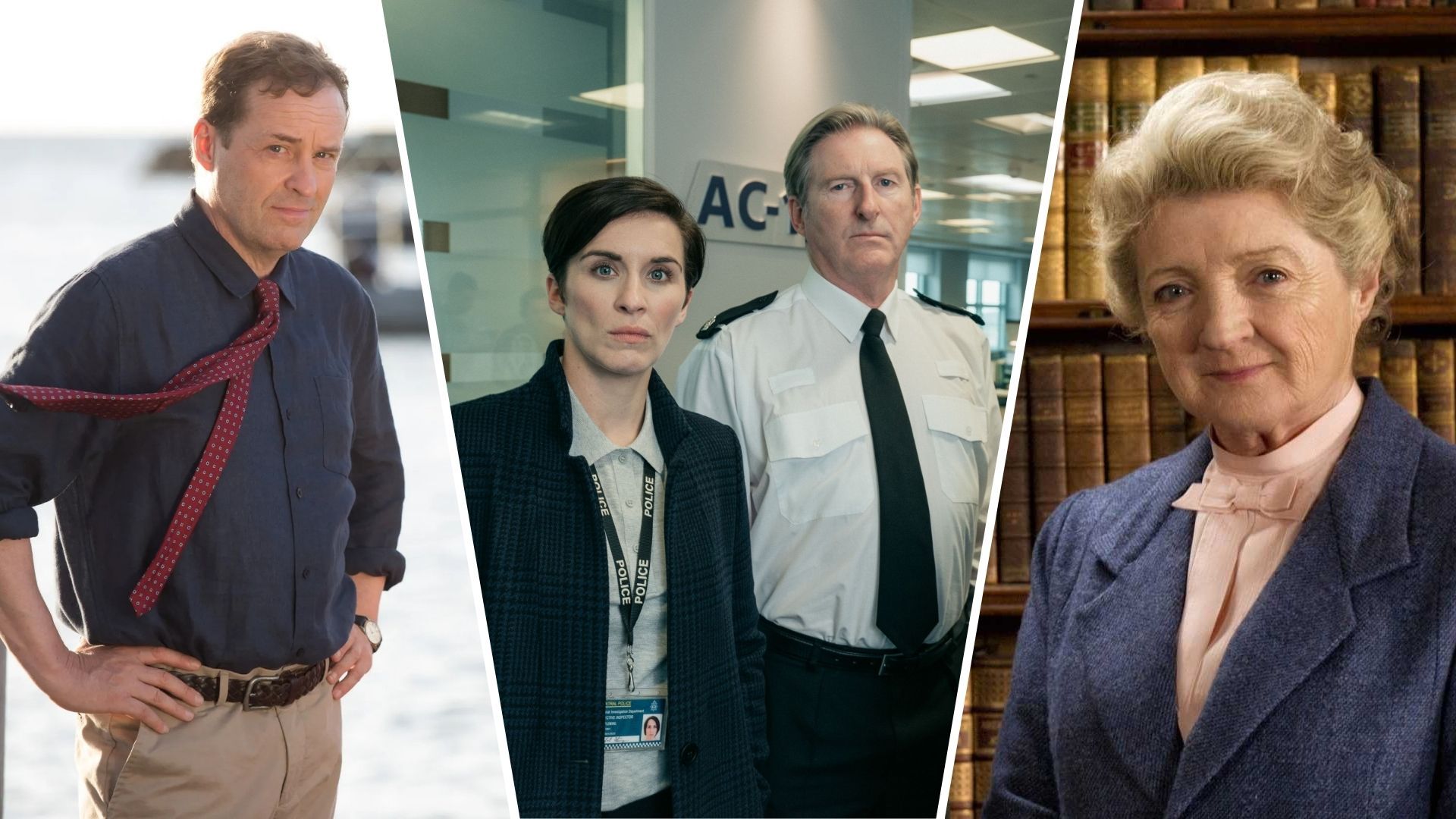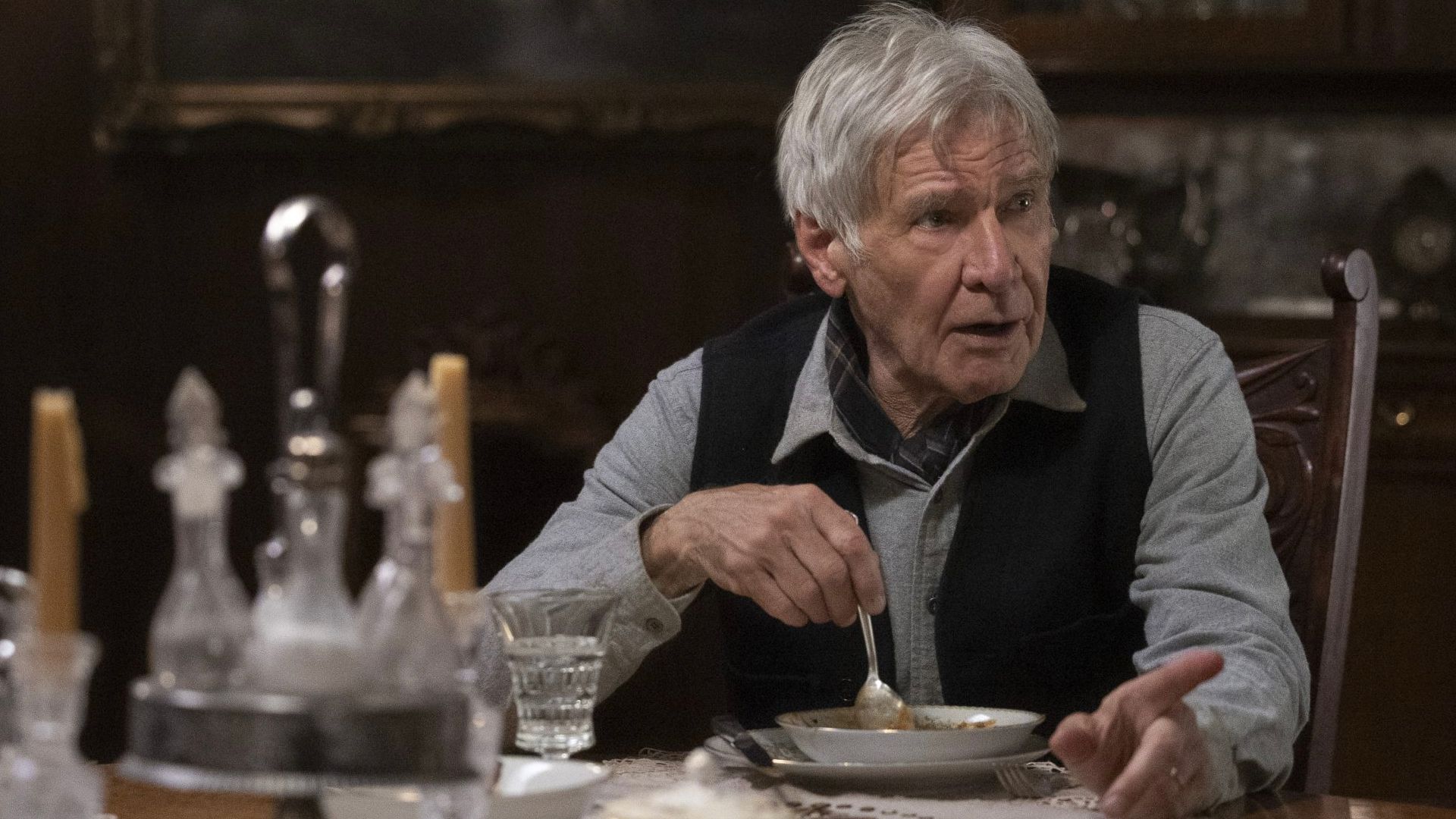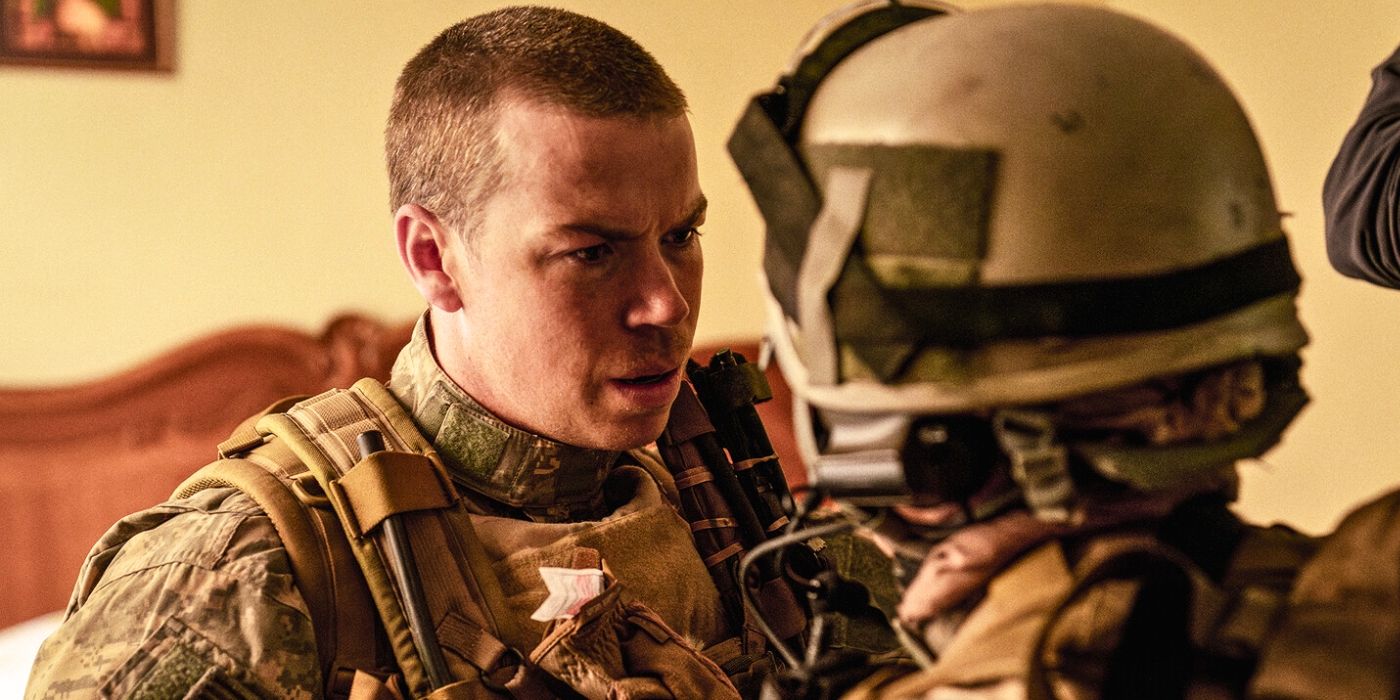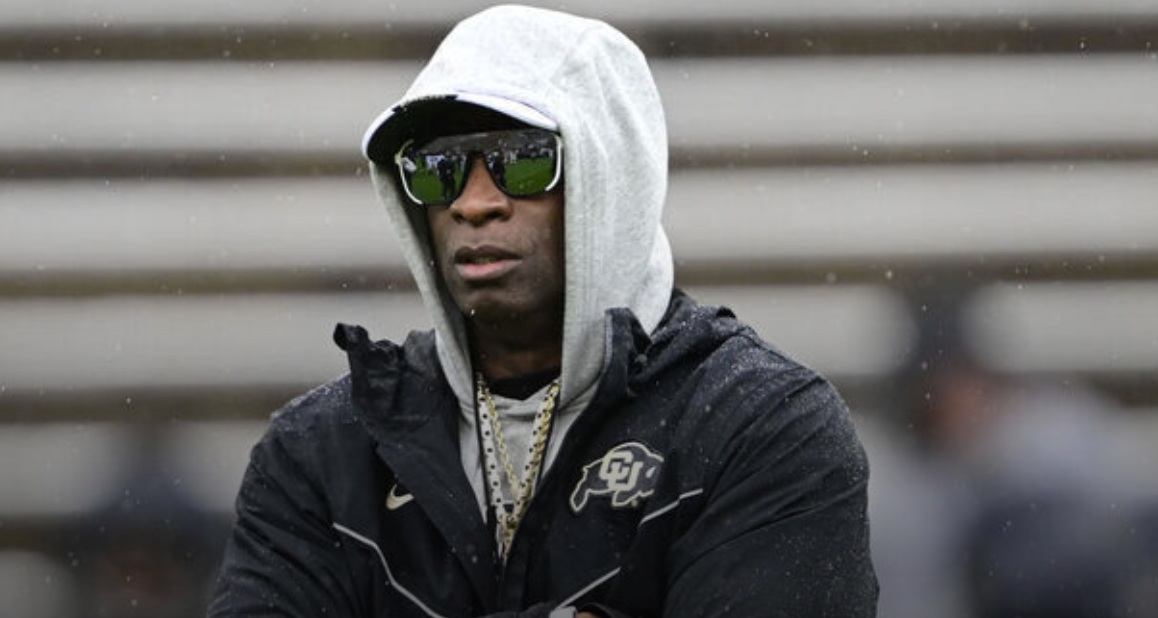Written by George Kay (the recent Netflix adaptation of “Lupin”) and directed by Jim Field Smith (“Butter”), “Hijack” opens with the final passengers boarding a seven-hour flight from Dubai to London. One of those last people on board is Sam Nelson (Elba), who exchanges a few texts with his ex-partner that make it clear that things are a bit rocky on the home front. She even tries to encourage him not to come to London. He ignores that instruction and ends up on a flight from Hell when five hijackers overtake the journey. Led by a stoic gent named Stuart (an excellent Neil Maskell), the hijackers seem to have a highly coordinated plan, including a way to emotionally manipulate their way into the cockpit, although Kay has a habit of parsing out information in a frustrating manner. For several episodes, it’s not even clear what the hijackers’ intentions are or what they hope to accomplish (a folder named “Demands” appears more than halfway through the series), which could theoretically add tension by making us feel like confused passengers on the plane, but the show so consistently leaves the vessel that it just starts to be a cheap trick.
Instead of locking us in our seats with Sam and the other kidnapped passengers, “Hijack” jumps to the U.K. to include the people who will try to stop a tragedy from the ground. The great “Torchwood” star Eve Myles plays Alice Sinclair, one of the air traffic controllers who first understands the severity of what is happening on the flight. Myles gives a smart, no-nonsense performance, often the voice of reason that elucidates the stakes of each escalating situation—usually, the logical thing to do would be to shoot the plane out of the sky. Much of “Hijack” consists of Sam trying to lower the stakes of the hijacking so that it doesn’t happen, which makes for some of the most interesting writing and performing by Elba. If the British government—or the Hungarian one they’re flying over—suspect that they could have another 9/11 on their hands, they won’t hesitate to kill everyone on board. Elba conveys how much his character’s background as a business negotiator makes him aware that he may sometimes have to give into his tormentors to keep everyone calm.
Sam and Alice aren’t the only ones on edge as the Home Secretary and other British power players debate what to do with an uncontrolled plane headed for one of the biggest cities in the world. These scenes are admirable on a political level, but they are counterintuitive to “Hijack” by reducing tension every time we leave the plane. Similarly, Neil Maskell is solid as a cop who becomes deeply involved in the case to a connection he already has with Sam, but his arc, too, serves to clutter more than anything else. “Hijack” undeniably works best when it’s Elba vs. Maskell, and I wished for more juicy scenes between the two actors instead of subplots about what was happening on the ground.
You can view the original article HERE.




























:quality(85):upscale()/2025/03/28/775/n/1922564/22119f9d67e6de01304208.95605728_.png)

:quality(85):upscale()/2024/07/29/849/n/1922564/ccbd576766a7ec1c9a9939.03806205_.png)